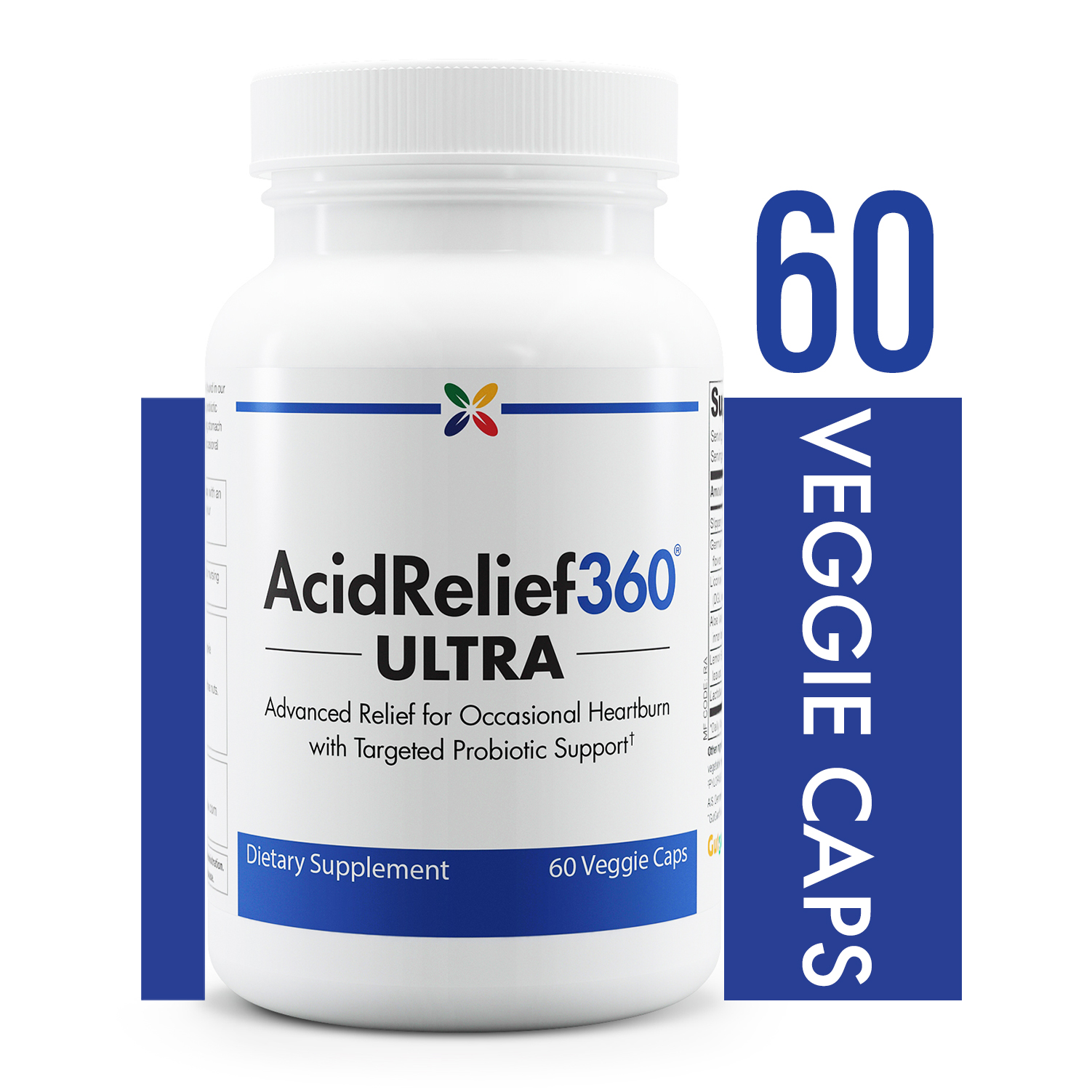1 hour ago Both heartburn and indigestion may be treated with over-the-counter (OTC) products, such as: Antacids for mild, occasional heartburn symptoms. Antacids work by neutralizing stomach acid. Occasional heartburn happens to many people, but if it becomes an everyday occurrence it may indicate an underlying health disorder or unhealthy dietary habits. Why Does Heartburn Get Worse as You Age? As you age, heartburn can become a more common irritant. Find out what steps you can take to keep that burning sensation in your chest at bay. Keep reading to learn how to cure GERD without medication. The Most Common Digestive Disorder in America. Almost everyone experiences occasional acid reflux when stomach acid manages to make its way up into the esophagus. However, if this happens frequently and causes uncomfortable symptoms or complications, you could receive a GERD diagnosis.
GERD: More Than Simple Acid Reflux
Many people can experience gastroesophageal reflux (also called acid reflux) every now and again, and while uncomfortable, it isn’t normally something to be worried about.
However, if the burning acid in the throat and heartburn last for a long time or happen on a regular basis, you may be suffering from gastroesophageal reflux disease (GERD). GERD is a chronic condition in which the acid from your stomach regularly comes up into the esophagus.
If you have persistent acid reflux that occurs more than twice a week, you may need to talk to your physician about GERD.
About 60 million Americans suffer from reflux at least once a month and approximately 15 million are thought to have symptoms of GERD daily, says Arun Sachdev, M.D., a board-certified gastroenterology physician at INTEGRIS.
This persistent acid reflux isn’t something to take lightly, either. Dangers of uncontrolled reflux include difficulty swallowing due to the narrowing of the esophagus and damage to the tissues in your throat. GERD can also change the lining of the esophagus, leading to a condition called Barrett’s esophagus, which can lead to esophageal cancer, can worsen asthma symptoms and cause pneumonia and hoarseness.


Causes and symptoms of GERD
Causes For Heartburn Daily
Occasional acid reflux is common and can be the result of eating certain foods, lying down too soon after eating or eating too much. Recurrent acid reflux caused by GERD has other causes and complications.
GERD can affect all ages, sometimes for unknown reasons. Whatever the cause, GERD can cause the esophagus to become weak at its bottom opening, allowing stomach contents and acid to come back up.
Common traits are present in those who suffer from GERD. People who are overweight, are pregnant or smoke have a higher risk for GERD. Taking certain medications such as calcium channel blockers (commonly used to treat hypertension), antihistamines, sedatives, asthma medications and antidepressants can also exacerbate GERD.
GERD can also be the result of a Hiatal hernia, a condition in which a tear in the diaphragm pushes the top of the stomach up into the chest.
“While a lot of GERD is thought to be environmental, some studies in identical twins have shown a genetic component likely exists,” Dr. Sachdev says.
The symptoms of GERD are obvious, and the main symptom is constant heartburn, which gets worse when you lie down or bend over, and also after eating food. Other possible symptoms include pain and difficulty when swallowing, bad breath, nausea or breathing problems.
Testing and treatment of GERD
Occasional Gerd

Why Do People Get Heartburn

Complications from GERD can be seen on X-rays when a hiatal hernia is present or measured with esophageal pH/manometry studies, but an upper endoscopy is the most common test used to evaluate for the presence of reflux, a hiatal hernia or the presence of Barrett’s esophagus, Dr. Sachdev says.
In terms of treatment, GERD can typically be managed with some lifestyle changes.
“Initially, I like to try lifestyle and dietary modifications including avoiding caffeine, carbonated beverages, spicy foods, alcohol, etc. When these are not enough, medications are often used,” Dr. Sachdev says. “These include over the counter and prescription medications that are meant to decrease the amount of acid produced in the stomach.”
When medications become ineffective or if patients want to avoid long-term medications, surgical options are available.
Surgical options include a Nissen fundoplication where the surgeon wraps the top part of the stomach around the bottom part of the esophagus to create a valve to prevent acid from coming into the esophagus. Other less common surgical procedures include LINX, a magnet device that goes around the bottom of the esophagus.
“Many people can control their reflux symptoms by changing how late they eat at night before going to bed, sleeping at a 30-degree angle and avoiding foods that increase acid reflux,” Dr. Sachdev says. “If symptoms persist and require long-term medication, your primary care physician may want you to be evaluated by a gastroenterologist for further care.”
For more information about GERD and treatments, talk with your INTEGRIS physician today.